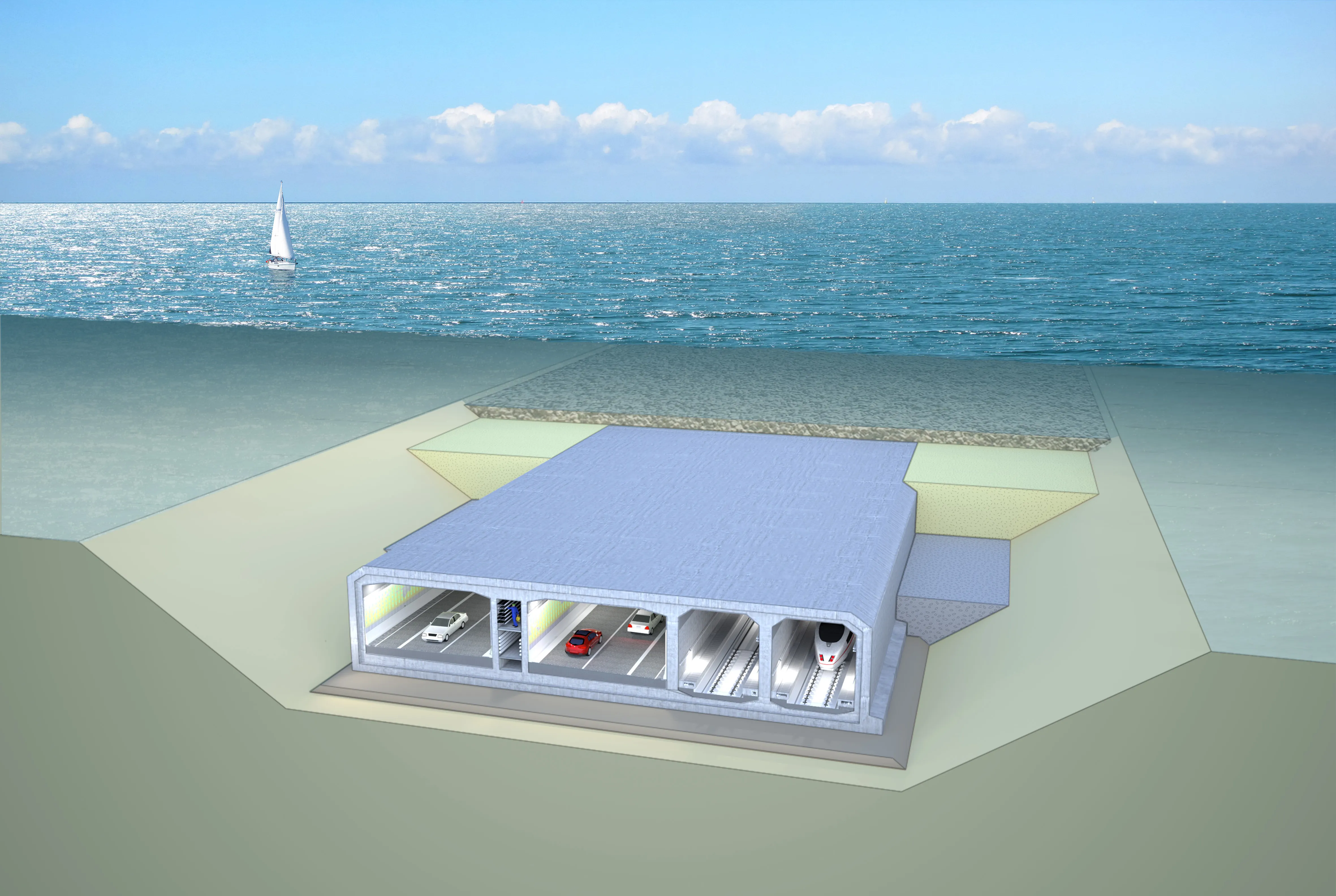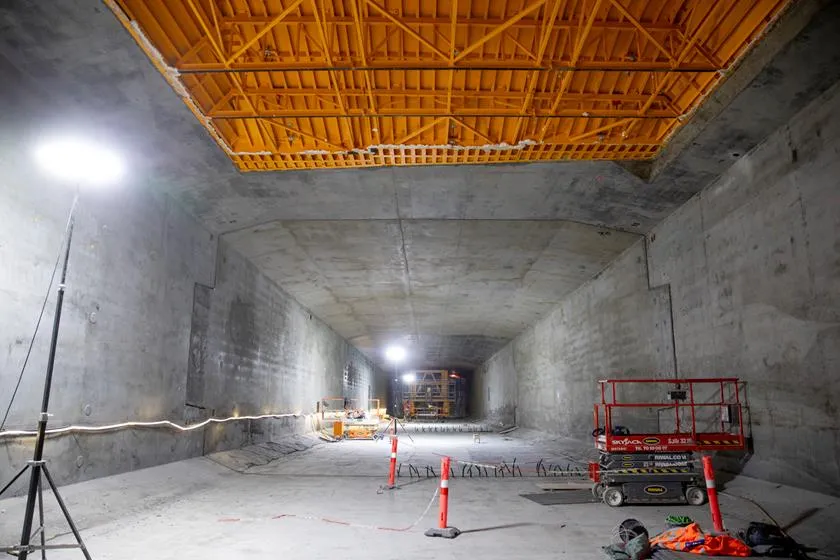The Fehmarn Belt Fixed Link between Danish and German islands faces ongoing delays that are pushing a construction start past this year and well into 2018.
A meeting in mid-December between Danish traffic minister Ole Birk Olesen and his German counterpart Reinhard Meyer for the neighbouring German state of Schleswig-Holstein, highlighted mounting opposition against the €7 billion or more project.
During the meeting, Meyer stressed that the Schleswig-Holstein government remains determined to implement
December 15, 2016
Read time: 2 mins
The Fehmarn Belt Fixed Link between Danish and German islands faces ongoing delays that are pushing a construction start past this year and well into 2018.
A meeting in mid-December between Danish traffic minister Ole Birk Olesen and his German counterpart Reinhard Meyer for the neighbouring German state of Schleswig-Holstein, highlighted mounting opposition against the €7 billion or more project.
During the meeting, Meyer stressed that the Schleswig-Holstein government remains determined to implement the project even if the construction work cannot start until 2020, according to a report by the Jyllands-Posten newspaper.
Last year the project was approved by the Danish parliament. It is supposed to be built, owned - apart from the German land works - and operated by4782 Femern A/S, a subsidiary of Sund & Bælt Holding, and financed by loans guaranteed by the Danish government.
Last June, the Danish government awarded €4.4 billion worth of contracts for initial Fehmarn Tunnel work to an international consortium that includes German Wayss und Freytag Ingenieurbau, Max Bögl Stiftung and Netherlands-based BAM.
Contracts include the excavation and construction of underground tunnels, manufacture of internal tunnel elements and the entry and exit ramps.
Last summer, newspaper reports suggested that work was expected to start in 2019 at the earliest, although it remains subject to approval by German authorities. Approval could come next year.
A meeting in mid-December between Danish traffic minister Ole Birk Olesen and his German counterpart Reinhard Meyer for the neighbouring German state of Schleswig-Holstein, highlighted mounting opposition against the €7 billion or more project.
During the meeting, Meyer stressed that the Schleswig-Holstein government remains determined to implement the project even if the construction work cannot start until 2020, according to a report by the Jyllands-Posten newspaper.
Last year the project was approved by the Danish parliament. It is supposed to be built, owned - apart from the German land works - and operated by
Last June, the Danish government awarded €4.4 billion worth of contracts for initial Fehmarn Tunnel work to an international consortium that includes German Wayss und Freytag Ingenieurbau, Max Bögl Stiftung and Netherlands-based BAM.
Contracts include the excavation and construction of underground tunnels, manufacture of internal tunnel elements and the entry and exit ramps.
Last summer, newspaper reports suggested that work was expected to start in 2019 at the earliest, although it remains subject to approval by German authorities. Approval could come next year.








